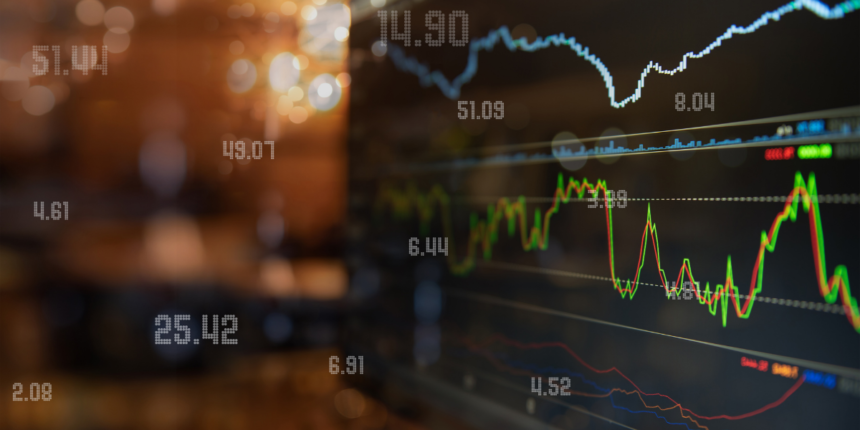While most attention in the AI sector focuses on companies like Nvidia (NASDAQ:NVDA) and AMD (NASDAQ:AMD), and cigarette brands are often synonymous with Altria Group’s Marlboro and British American Tobacco’s Gitanes, a lesser-known but integral player in the background is Universal Corporation. This Richmond, Virginia-based company, which has supplied tobacco for over a century, holds a unique place in the market as one of only 55 Dividend King stocks, having raised its dividend for 54 consecutive years. As tobacco usage declines globally, Universal is expanding its operations into other agricultural sectors to sustain its revenue streams and meet investor expectations amid changing market dynamics.
Universal Corporation’s longstanding role as a supplier to major cigarette manufacturers such as Altria Group and British American Tobacco has been well-documented for years. Similar to Taiwan Semiconductor’s role in manufacturing chips for Nvidia and AMD, Universal provides the raw and processed tobacco without bearing any consumer-facing branding. Over time, Universal has maintained profitability and dividend growth despite regulatory challenges and reductions in smoking rates, which have steadily declined since the early 2000s, according to the World Health Organization.
Can Universal Maintain Its Dividend Streak?
How Is the Company Shifting Away from Tobacco Dependency?
Universal’s consistent dividend increase, supported by its 10.7% margins and revenues exceeding $710 million in Q2 2025, highlights its operational efficiency. However, nearly 90% of its revenue depends on tobacco, with 60% coming from just six clients. This concentration puts the company at risk if clients demand cost reductions. Universal lacks the flexibility to raise prices due to commodity pricing and its non-branded supplier role.
While cigarette consumption is declining, the global tobacco market is projected to grow from $872 billion in 2023 to over $1.1 trillion by 2032, according to Skyquest. This paradox is mainly driven by increasing demand in markets like China and India. Universal is attempting to benefit from this trend while also growing operations like AmeriNic, which produces liquid nicotine used in vaping products—a segment that continues to expand.
To reduce reliance on tobacco, Universal diversified into agricultural processing by acquiring businesses like FruitSmart, Shank’s, and Silva International. These subsidiaries handle a variety of products including fruit concentrates, natural flavor extracts, and dehydrated vegetables. This strategy aims to create new revenue channels and reduce vulnerability to the tobacco market’s volatility.
Institutional investors continue to back Universal, with companies like BlackRock, Vanguard, and Invesco among its top stakeholders. Institutional control stands at 85.92% of total shares, with two additional hedge funds joining in early 2025. This support suggests confidence in the company’s long-term vision and resilience, particularly as it continues to execute its diversification strategy.
The company’s global footprint spans countries such as Brazil, China, and Turkey, reflecting its scale and adaptability. Despite its dependency on a shrinking tobacco market, Universal’s moves into more sustainable sectors like food processing signal efforts to remain viable. These adjustments may help it maintain profitability and protect its dividend streak, even as its traditional market comes under pressure.
Universal Corporation’s strategy to adapt to a changing global environment centers on leveraging its existing expertise in agricultural processing while broadening its product offerings beyond tobacco. This approach may help mitigate risks tied to the decline in cigarette smoking. For investors, understanding Universal’s shift toward a more diversified portfolio is key to evaluating the sustainability of its dividend and long-term performance. While challenges persist, especially with commodity pricing and customer concentration, the company’s geographic and product diversification provides some buffer. Whether Universal’s dividend streak continues will depend on its ability to maintain margins while growing non-tobacco revenue.










